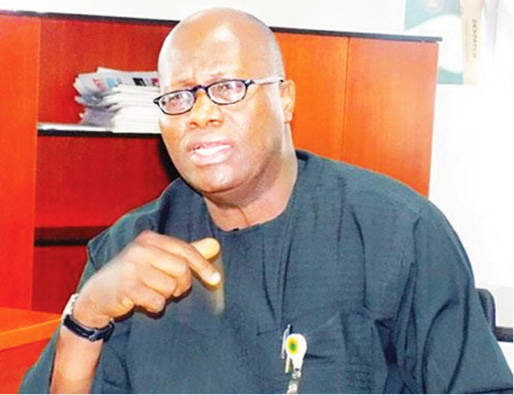Stop IOCs from off sourcing of jobs-PENGASSAN warns
The Petroleum and Natural Gas Senior Staff Association of Nigeria (PENGASSAN) has appealed to the Nigerian Content Development Management Board (NCDMB), Department of Petroleum Resources (DPR) and National Petroleum Investment Management Service (NAPIMS) to stop International Oil Companies (IOCs) from off sourcing of jobs to other countries. Speaking at the 5th triennial delegates’ conference of […]


The Petroleum and Natural Gas Senior Staff Association of Nigeria (PENGASSAN) has appealed to the Nigerian Content Development Management Board (NCDMB), Department of Petroleum Resources (DPR) and National Petroleum Investment Management Service (NAPIMS) to stop International Oil Companies (IOCs) from off sourcing of jobs to other countries.
Speaking at the 5th triennial delegates’ conference of PENGASSAN Total Exploration and Production branch, the president of the association, Mr Francis Olabode Johnson, said such employment strategy by the IOCs is taking a very negative dimension on the government’s efforts in job creation.
He also alleged of clandestine move by the management of Petrobras to sell off the company without resolution of labour related issues, adding that the union will vehemently resist the sale until all labour related issues are concluded.
The union, however commended both the Federal Government and the National Assembly on their sincere commitment to the passage of the Petroleum Industry Governance Bill and urged the National Assembly to expedite action on the remaining parts of the PIB for executive assent.
“Similarly, we note the impact of our new industrial relations approach, which has so far helped us close out on some industrial issues that lingered for a long time,” it said.
The PENGASSAN president, while restating the union’s commitment to the welfare of its members, said it has “embarked on a number of human capacity development activities for our members through international training programmes for our NEC members and staff on trade unions’ global best practices.”
